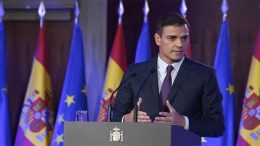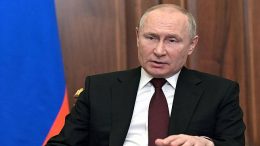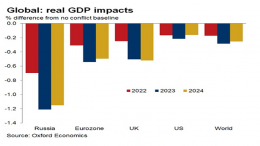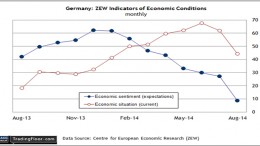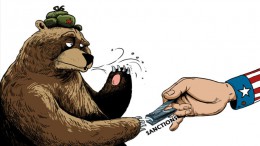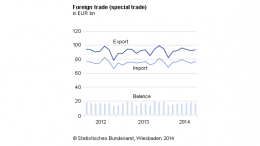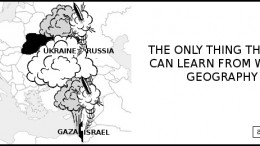Sánchez Rules Out Sending Arms Directly To Ukraine And Avoids Clarifying Whether It Is An Imposition From Podemos
Spain, after being one of the last European countries to close its airspace to Russian airlines, will limit the sending of offensive weapons to Ukraine just to the agreement adopted by the European Union. It does not plan to increase the defence budget, as other EU governments will do in response to the Russian invasion of Ukrainian territory. This was announced on Monday by Prime Minister Pedro Sánchez, in an…

